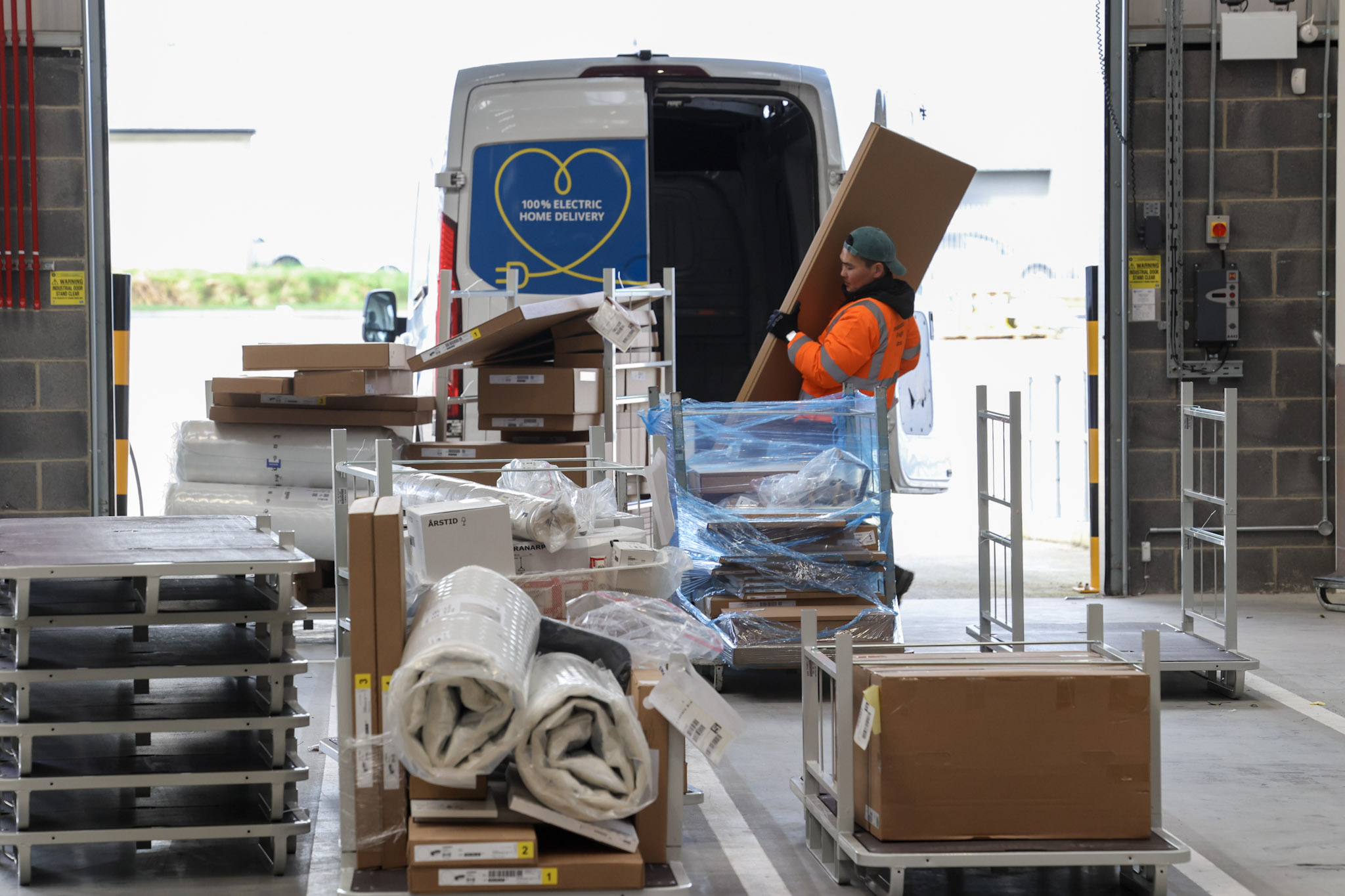If convenience is the abiding concept in the delivery industry, it is also the answer to the brewing source of conflict in the UK’s offices, says Stephen Ferguson, business development director at Global Freight Solutions (GFS).
In the last couple of months alone, press reports have suggested that some of the country’s big banks, including those with premises at London’s Canary Wharf, have banned staff from having packages shipped to their desks.
A Canary Wharf spokesman stated that personal items now account for some 30 per cent of the total volume of parcels delivered to the office complex. The stories may have captured the attention of the nation’s newsrooms but the issues that they highlight aren’t necessarily new.
Last year, research by the Irish carrier Nightline concluded that goods bought online and delivered to desks made up 80% of all parcel traffic handled by workplace mailrooms during the pre-Christmas peak. Another study found that some 200m personal parcels a year were delivered to offices across the UK.
It’s not as though the basic solution to the problem posed to office efficiency by the continued boom in e-commerce – alternative delivery – is entirely new either, even if advances in technology mean that the sheer variety of methods available seems to grow by the month.
Broadening the span of options is the secret to keeping company bosses, e-commerce, consumers and – yes – the delivery industry itself happy. That realisation lay behind the creation of – and is one of the reasons for the success of – GFS Checkout last year.
Consumers have arguably forced change in the delivery sector because they demand greater flexibility. The more they buy, the greater the power they wield. When it became clear that their concerns about the cost and choice of delivery was central to the number of prospective purchases being ditched at the online checkout, everyone knew that new ways would have to be found to ship goods when, where and how consumers wanted.
Adding individual options – be they click-and-collect, corner shops, parcel lockers, timed delivery slots and the like – isn’t necessarily easy or inexpensive for retailers trying to solve the problem. GFS Checkout has found favour with large and small retailers alike because of its aggregation of multiple effective alternative methods free of charge.
It means that retailers can complete sales but also helps bosses ensure staff don’t feel the need to have couriers drop off purchases at their place of work and so swamp mail room staff. Employees can easily find a number of different ways of collecting goods near home or work, en route or during their lunch hour without needing to go out of their way. Let us not forget that providing a menu of alternatives also helps carriers increase their success rate at the same time as reducing the carbon footprint amassed by having to make any number of individual doorstep deliveries.
Company consternation is not just about having the daily office mail run resemble an e-commerce trolley dash rather than a distribution of business-related correspondence. Many admit to having turned something of a blind eye to personal parcel deliveries in the past in order to keep staff happy, focused and working hard. Such patience, however, obviously has its limits and with the rate of online shopping only set to increase further, something has to be done.
With the annual peak season drawing ever nearer, those organisations best able to avail themselves of the proximity and flexibility of alternatives are probably most likely to be the winners in terms of sales made, delivery success and reducing distractions to working rhythm and productivity. Variety is not only the spice of life, it seems. It also offers the very real potential to unlock the e-commerce delivery conundrum for everyone involved.
London, Canary Wharf from Thames by S Nova (Own work)
[CC BY-SA 3.0 de (http://creativecommons.org/licenses/by-sa/3.0/de/deed.en)], via Wikimedia Commons View original here.










